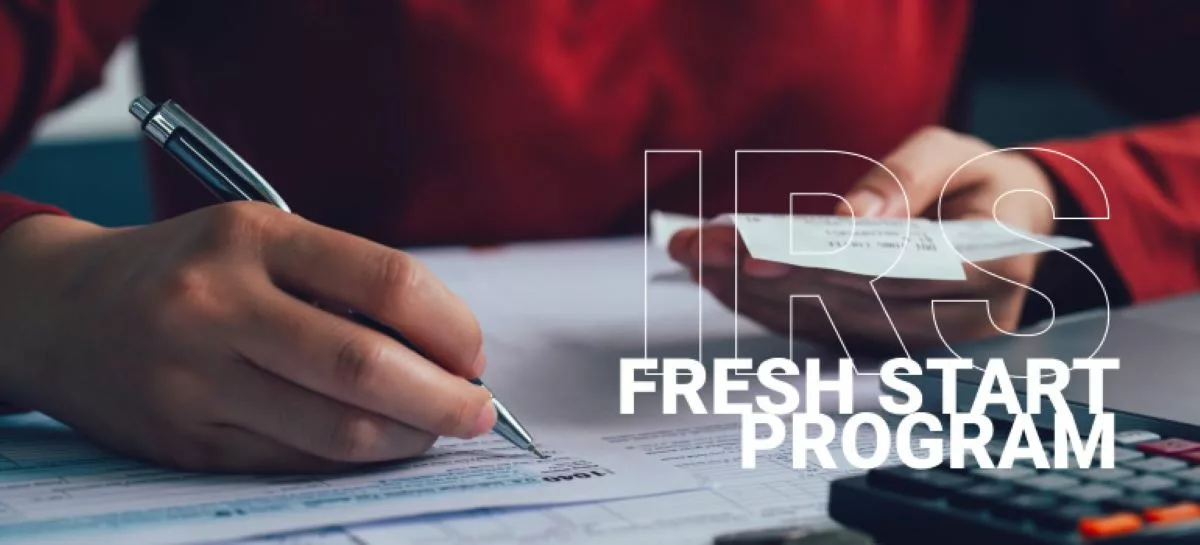Taking care of your newborn babies and toddlers is a responsibility you cannot walk away from. However, it may pose a problem when you lack the financial capacity to support their early development.
Fortunately, there are federal and state-funded programs to support low-income households in the US. Such programs are Head Start and Early Head Start. These services are designed to aid children and their families with healthcare, nutrition, and more.
This article explores what these programs are, their scope, eligibility, and the application process.

What are Head Start and Early Head Start Services?
Head Start and Early Head Services are programs designed to support low-income households and their children with education, nutrition, healthcare, and other services to needed for their development.
These programs are run by the Administration for Children and Families (ACF) – an agency under the US Department of Health and Human Services. They offer infants, preschoolers, and toddlers the help they need to support their overall development.
These programs are also extended to children in foster care and homeless children.
What is the Scope of these Services?
Some of the services offered by Head Start and Early Head Start programs include:
- Parent involvement. These services give parents the unique opportunity to participate in developing their children’s lives. This includes family literacy classes, parenting classes, and parent-teacher meetings and conferences
- Early learning. The program also equips children with comprehensive formative learning experiences.
- Nutritional service. It provides nutritional meals and snacks to children to aid them in the development of healthy eating habits
- Healthcare. Early Head Start Services make provisions for immunization, medical and dental screenings and examinations, and mental health services to children.
- Support for children with special needs. They provide support for children with disabilities. It also includes special training programs with access to therapies.
Head Start vs Preschool
Preschool and Head Start programs can be quite mistaken for the same thing since they are both early childhood education programs. However, they have some notable differences:
- Eligibility. One major Early Head Start requirement is that recipients are from low-income households. However, preschool programs have different requirements, serving a diverse range of families.
- Length of program. Head Start programs run for several hours for the entire year, while preschool programs only last for a couple of hours weekly.
- Sponsorship. Federal and state government agencies fund Head Start programs. Thus, you don’t pay for any of the costs. Preschools are sponsored by several agencies, including foundations, local governments, and tuition payments.
- Scope. Head Start programs offer a wide range of services, including early childhood education, healthcare, nutritional services, and family support. On the other hand, preschool focuses on early childhood education and development.
Who is Eligible?
The Early Head Start requirements for eligibility include the following:
- Qualifying recipients must earn less than $138,750 annually for a family of 4. Visit this link to see the income limit for different family sizes.
- Children must be under the age of 3.
- Low-income families must be residing within the area of the Early Head Start program in their state.
- Low-income families must be US citizens or attain legal immigration status.
Please note that families with disabled children can also apply to participate in these programs.
How to Apply
The application process is the same nationwide. All you need to do is locate the Head Start Service in your state. You can use the Head Start Locator to find free Early Head Start programs near you.
Once you locate a program near your residence, contact them and express your interest in enrolling your child in the free program. You will receive an application form to fill out while forwarding the required documents.
Documents Needed
You will need the following documents during your application process:
- Proof of income, including paystubs, tax returns, or public assistance
- The child’s birth certificate
- Proof of legal guardianship if applicable
- Immunization records of the child
- Health insurance information
- Proof of residence
It is essential to check with the Head Start program to know the specific documents needed to apply for the program.
How Long Does the Program Last?
Early Head Start specially caters only to children under the age of 3. They will no longer be eligible once they become older.
Can You Receive These Benefits With Others?
Yes. You can receive this and other benefits designed for low-income households, including TANF, SNAP, Unemployment Benefits, and so on.
A Brighter Future Starts Here
The Head Start and Early Head Start programs are designed to support children under the age of 3 from homeless, disabled, or low-income families. These schemes offer several benefits which can take the financial weight off those struggling to make ends meet. For example, by providing their children with early learning and development support, healthcare, nutrition, and other services.
Is your child eligible for this program? Go ahead and apply now.





